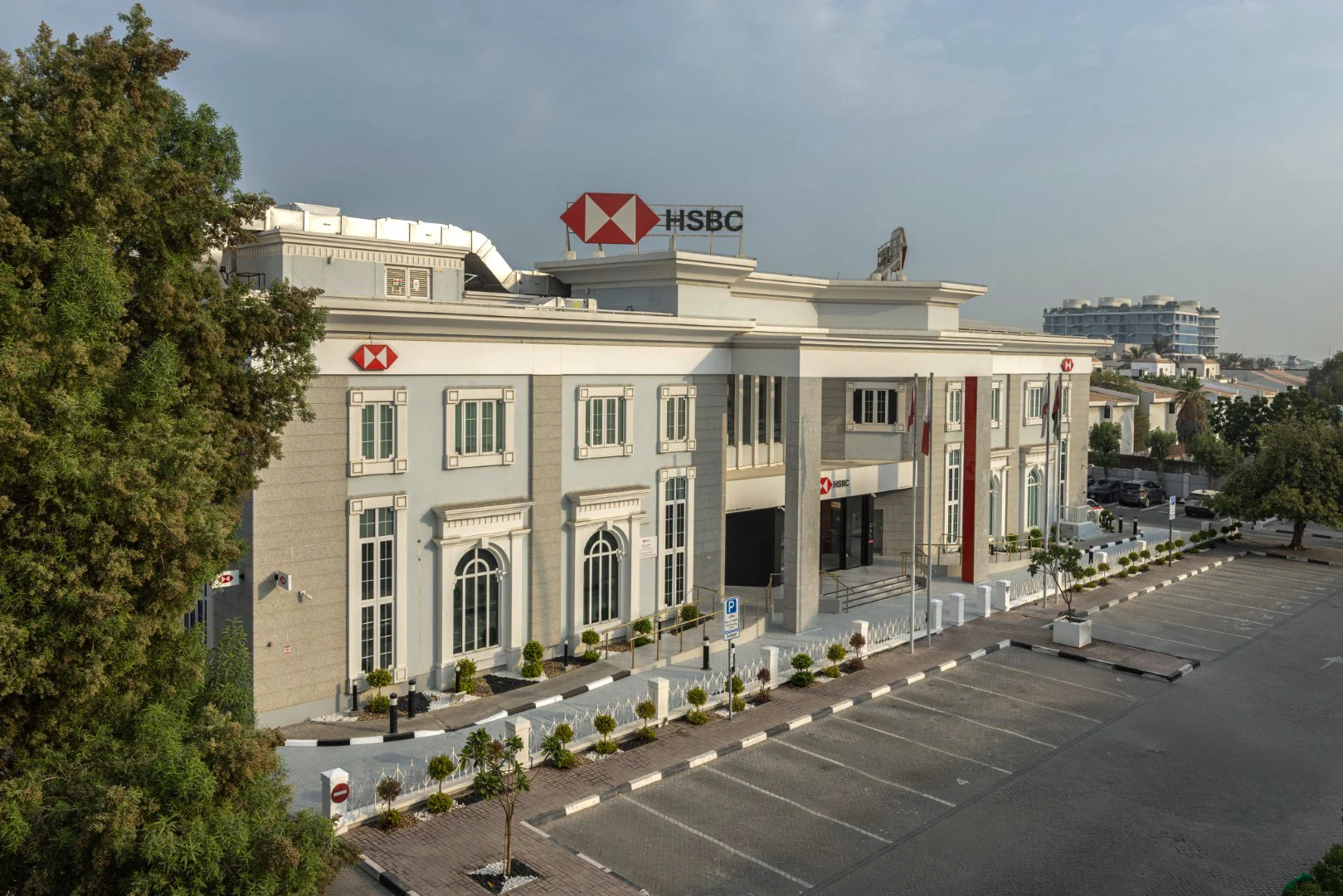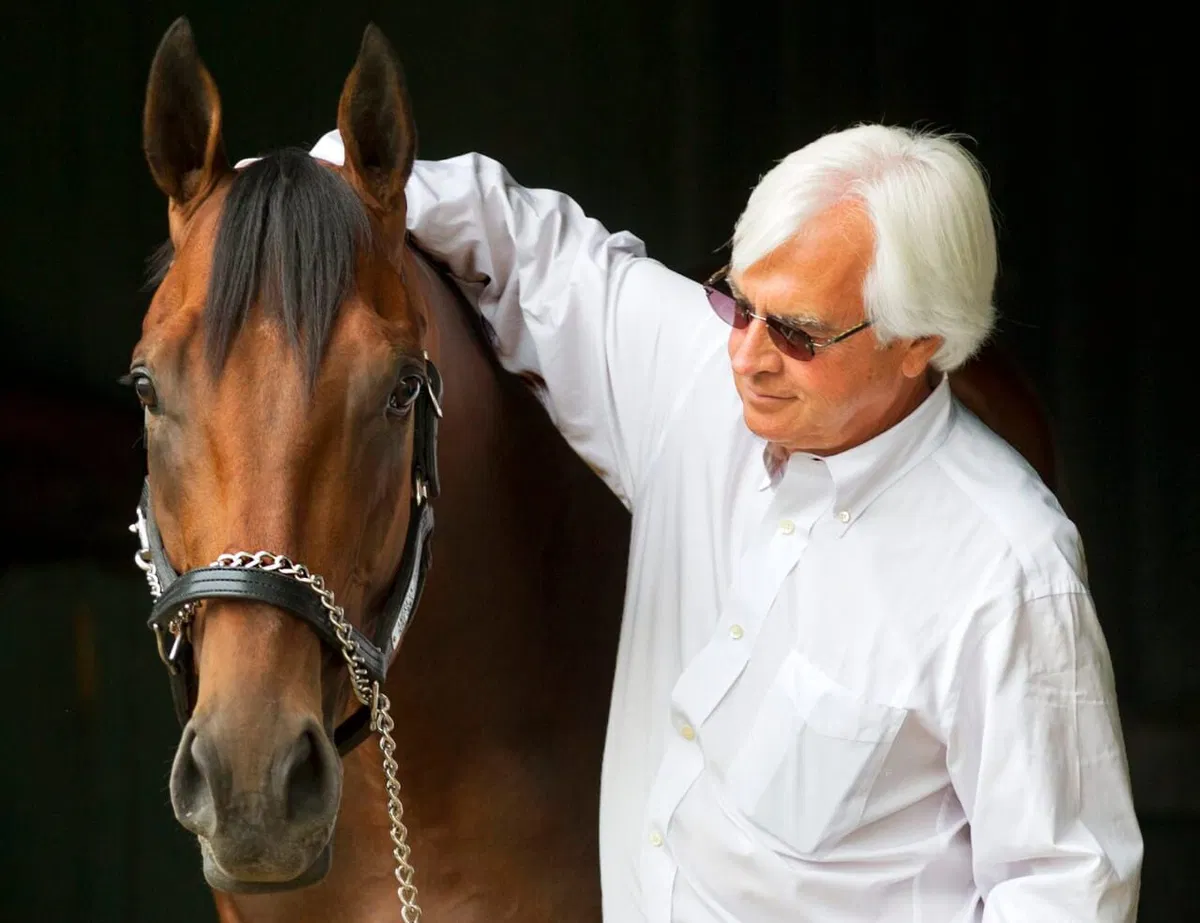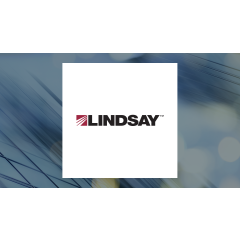By Salina Li
Copyright scmp

HSBC has opened its first wealth management centre in the Middle East in the UAE – its biggest investment in two decades in its premier banking business – to tap the growing investment appetite of affluent investors globally, according to a top banker.
The bank’s 24,000 sq ft wealth centre started operations in Dubai on Tuesday, where some 90 relationship managers will cater to the investment needs of high-net-worth individuals in the United Arab Emirates. The country is one of the world’s top destinations for wealthy investors and entrepreneurs, attracting increasing inflows from millionaires.
The investment in the wealth centre aligns with HSBC’s enhanced focus on Asia and the Middle East.
“The UAE is one of the top priority markets for HSBC, where we make around US$1 billion in profit, and the growth opportunity is significant,” said Mohamed Al Marzooqi, CEO of HSBC UAE, in an interview with the Post ahead of the Investopia Global conference in Hong Kong last week.
“To cater to the growing segment of internationally minded affluent customers, we made our biggest investment in our international wealth and premier banking segment in the last two decades,” Al Marzooqi said.
According to HSBC’s recent global trade pulse survey, despite geopolitical uncertainties globally, businesses in the UAE were highly confident in their international trade prospects, significantly higher than their global counterparts.
Companies in the UAE had their counter strategies ready to respond to the rapidly evolving trade landscape, investing in supply chains and increasing reliance on the Middle East, China and Europe corridors, according to the online poll, which collected 5,750 responses from international firms in 13 global markets between April 30 and May 12.
More than 60 per cent of the respondents said they were ramping up reliance on the Middle East, followed by 47 per cent on China and 43 per cent on Europe.
“Tariffs have had limited impact on the UAE-Asia-China corridor,” Al Marzooqi said. “On the contrary, this has accelerated some of the investment into local production in the UAE to leverage the government’s free-trade agreements.”
Many memorandums of understanding (MoUs) had been signed between different counterparties in Asia and their peers in the Middle East and the UAE, he said. “We are now keen to see this intent translate into implementation, and for the commercialisation of the corridor to gather pace.”
In the infrastructure space, HBSC said the bank was witnessing some large Asian names enter public-private partnerships spanning 15 to 20 years, as they were happy to take long-term risk in the Gulf region, showcasing their confidence in the UAE.
In particular, the UAE-China corridor was no longer just about the movement of goods, said Al Marzooqi, adding that it was anchored in ports, manufacturing, technology and renewable power plants.
“These are real assets that generate long-term predictable cash flows,” he said.
The UAE was China’s largest investment destination in the Gulf region, with China being the UAE’s largest trading partner, according to HSBC. There were more than 16,000 Chinese firms operating in the UAE at the end of July, with investments exceeding US$6 billion across diverse sectors, the bank added.
“We are seeing growing appetite for yuan financing across sovereigns and corporations as cross-border trade accelerates,” Al Marzooqi said. “Liquidity in both dirhams and yuan is becoming a need, as the renminbi is now the third-most used currency for global trade finance.”
HSBC has been supporting the UAE’s liquefied natural gas cargoes in yuan and plans to support any increase in yuan-denominated exports going forward.
The Hong Kong government has also been ramping up financial ties with the Middle East, leveraging its strategic position as a gateway linking mainland Chinese investors and capital markets with the UAE and the wider Middle East region.
On Wednesday, the city’s market regulator signed initial accords with the UAE to enable mutual recognition of funds and cross-listings of exchange-traded funds on the Abu Dhabi Securities Exchange (ADX).
The Securities and Futures Commission and the UAE’s Securities and Commodities Authority signed the MOU to facilitate the mutual recognition of funds.
This would allow public investment products to be distributed seamlessly in both markets, marking Hong Kong’s first such arrangement with a Middle Eastern market and the UAE’s first outside the region.
The ADX previously listed the region’s first digital bond issued by First Abu Dhabi Bank using HSBC Orion, the bank’s strategic platform for asset tokenisation which is operated by the Hong Kong Monetary Authority’s Central Moneymarkets Unit.
“Since the bond issuance, we have been receiving many inquiries, not only in the UAE but also from the wider Mena [Middle East and North Africa] region,” Al Marzooqi said.
“It would be good to see further innovations in this space, perhaps tokenised sukuks or listed tokenised bonds that can clear both in the UAE and Hong Kong.”



